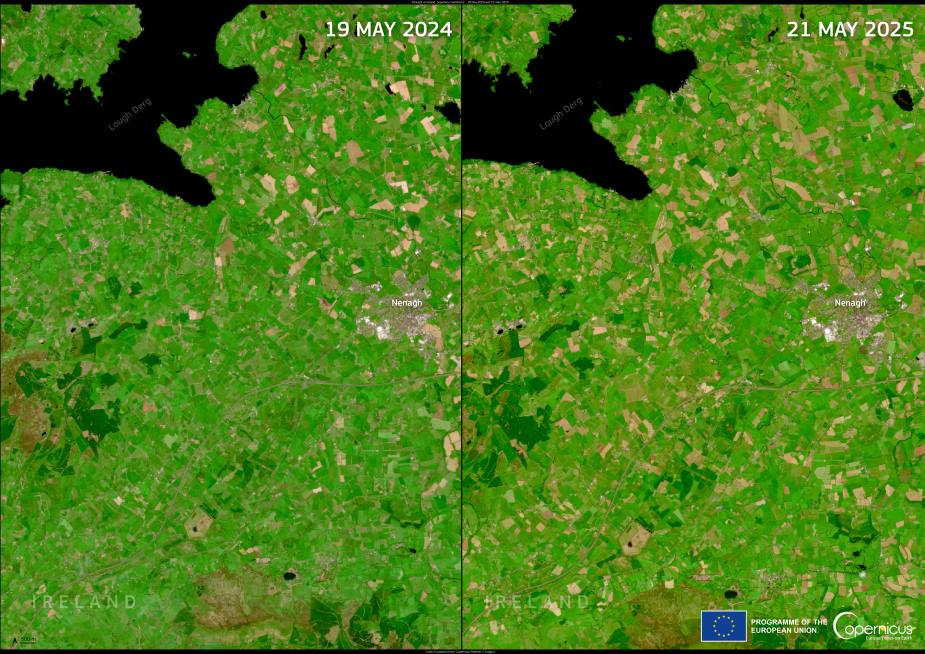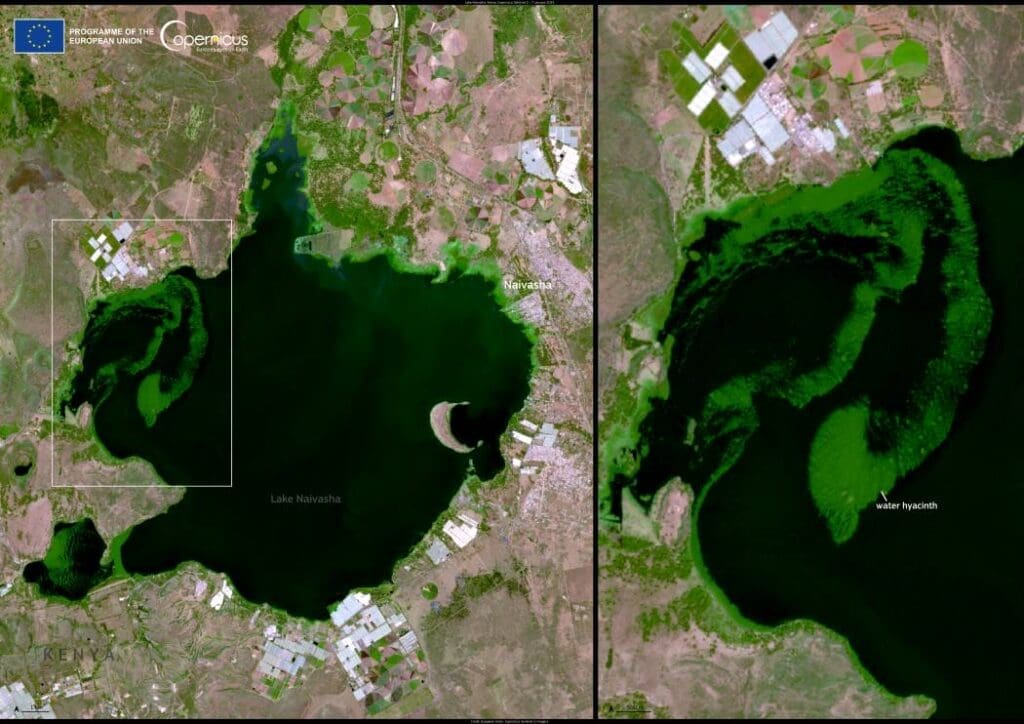Since early 2025, parts of Ireland have been affected by higher-than-average temperatures and prolonged dry weather, leading to mounting concern over water availability. Reservoir levels have fallen in several regions, prompting Irish Water to introduce nighttime supply restrictions and enforce hosepipe bans in the most severely impacted areas. Counties in the Midlands, South-East, and parts of Leinster have been particularly strained.
In April, the European Drought Observatory, part of the Copernicus Emergency Management Service, classified large areas of Ireland under drought warning conditions, citing both rainfall deficits and abnormal soil moisture levels. The monitoring report noted below-average precipitation across most of the country through March and April, with some eastern regions recording just 20–30% of typical rainfall.

Authorities responded by issuing a water conservation order that now affects approximately 70,000 people. These measures include public advisories, restricted irrigation for agriculture, and increased monitoring of water supplies. Farmers have reported early signs of crop stress, and grazing conditions for livestock are beginning to deteriorate as grass growth slows under the ongoing dryness.
The satellite images below, taken by the Copernicus Sentinel-2 mission on 19 May 2024 and 21 May 2025, show a decline in vegetation near the town of Nenagh in County Tipperary. In the newer image, fields appear browner and patchier, suggesting diminished plant cover and reduced soil moisture — a clear visual cue of the developing drought.
Copernicus Sentinel data remains a critical tool in monitoring vegetation health and water stress across Europe, providing early insights that help inform emergency planning and long-term water management strategies.
Featured image credit: European Union, Copernicus Sentinel-2 imagery



